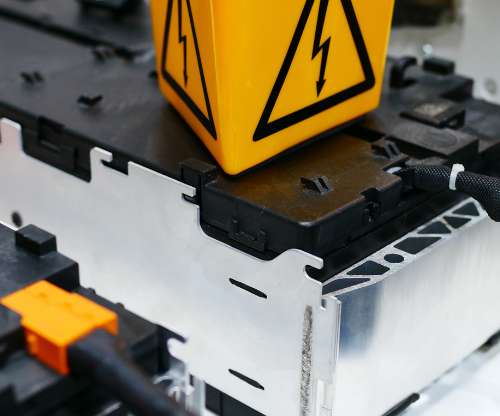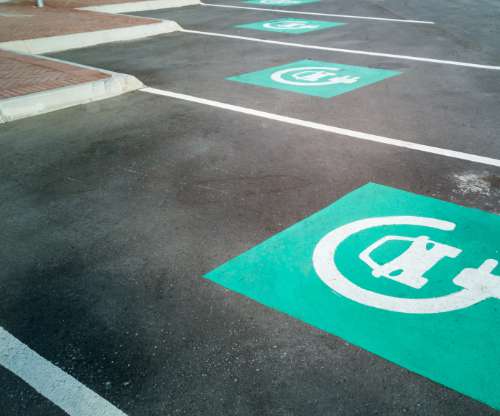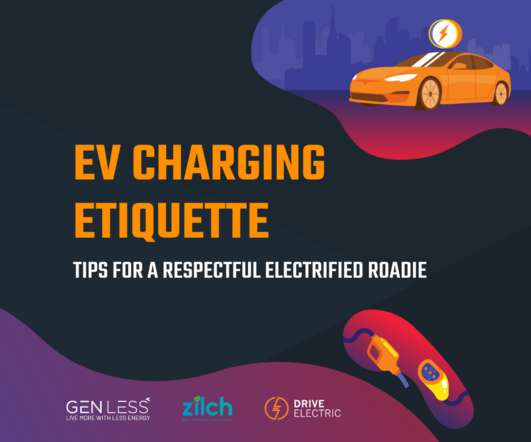EV myths busted: Are electric vehicles safer than gas-powered cars?
Drive Electric
SEPTEMBER 19, 2022
Electric vehicles have historically received a bad reputation for concerns around safety. Issues like thermal runaway, electrocution, and reports of inextinguishable fires plagued the pioneering electric vehicles. Growing popularity means more Kiwis want accurate information about the safety risks associated with EVs in New Zealand.











Let's personalize your content